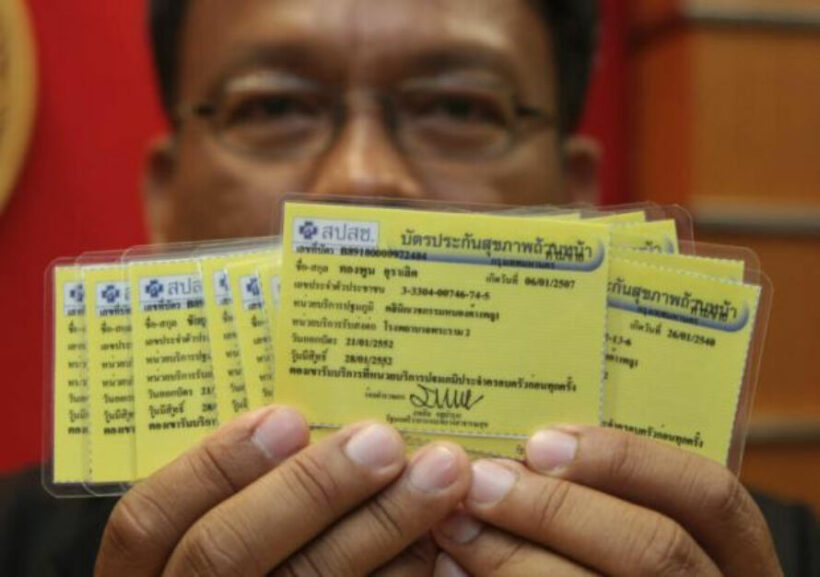Thailand provides over 600,000 free cancer treatments in 9 months

Under the universal healthcare ‘Gold Card’ scheme, the government of Thailand provided 603,060 free cancer treatments in nine months. The free cancer treatments were provided by the National Health Security Office between October 1, 2021, and June 30, 2022, according to Deputy Spokesperson Ratchada Thanadirek.
The number exceeded the government’s expectations by almost double. The government initially predicted that the scheme would provide approximately 339,000 cancer treatments in the fiscal year 2022.
Once patients receive a cancer diagnosis, patients consult their doctors about treatment options and are given choices of healthcare providers, facilities, and treatments. Depending on the condition and diagnosis, patients may opt for telemedicine, tele-pharmacy, or home-based chemotherapy.
Telemedicine is primarily done through online channels and does not require in-hospital visits. The service allows patients to speak with their healthcare providers in real-time via phone call or video chat and is operated through the Internet. Telemedicine is accessible by smartphone, computer, or tablet.
Patients can keep healthcare providers updated on their symptoms through secure messaging and secure file exchange.
Given the success of the programme, the government is considering expanding the free healthcare scheme to cover treatment for a wider range of diseases and conditions.
The Universal Coverage scheme, also called the Gold Card scheme, is the largest of three Thai healthcare programmes that provide universal healthcare to Thai citizens funded by the National Health Security Office.
The scheme has seen many reforms since it was launched in 2002. In January, Gold Card holders became eligible to seek medical treatment at any primary care unit in the country, not just their registered facility.
SOURCE: NNT
Latest Thailand News
Follow The Thaiger on Google News:


























